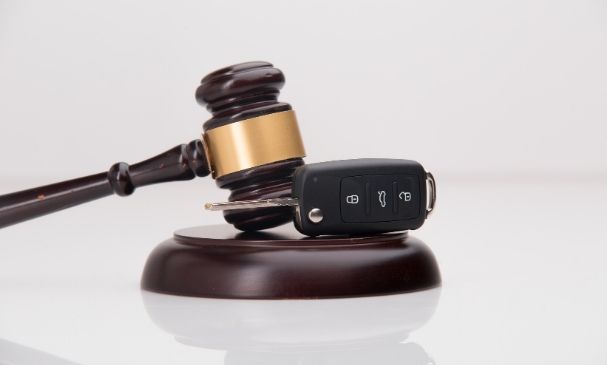The Difference Between a Suspended and a Revoked License

If you’re facing a DUI charge or other traffic violation, your state may either suspend or revoke your license. While both penalties serve to keep you off the road, they aren’t exactly the same. Each sentence involves different requirements, time periods, and processes. It’s important to know the difference between a suspended and a revoked license so you can navigate the required steps to reinstate your license. Learn more about your situation and how you can get back on the road with this overview.
Suspended License
When the state suspends your license, it means it is temporarily invalid. A suspended license can be either definite or indefinite. A definite license suspension gives you a concrete start and end date for the suspension period. At the end of this period—and after you’ve paid your fines and met all other requirements—you can apply for reinstatement to get your license back. You cannot reinstate your license before the end of this suspension period. On the other hand, an indefinite suspension has no concrete dates. Your license stays suspended until you take the required actions to reinstate it. This might mean paying off fines or a traffic ticket. It might also mean you have to wait for another party to review your situation. For example, if you have a medical condition that affects your driving ability, you may get an indefinite suspension while you wait for a medical professional to certify that it’s safe to reinstate your license.
Revoked License
The biggest difference between a suspended and a revoked license is that you cannot reinstate a revoked license. Once the state revokes your license, they completely and permanently void it. This usually happens due to more severe traffic violations or because of multiple serious charges. If you want to regain your driving privileges after the state revokes your license, you’ll have to meet all of the requirements from your traffic violation, which may include fines, SR22 insurance, or certain driving courses. After this, you need to seek approval from your state’s DMV. If they allow it, you can undergo your state’s licensing process and gain a new driver’s license.
If you lose your license, you will likely need SR22 insurance to reinstate it. Serenity Group is on your side throughout this process. We’ll help you navigate the requirements for SR22 insurance in Denver, Las Vegas, or anywhere you reside. When you understand the rules and requirements you’re facing, you can handle each step and get yourself back on the road with the least amount of hassle possible.

Recent Comments